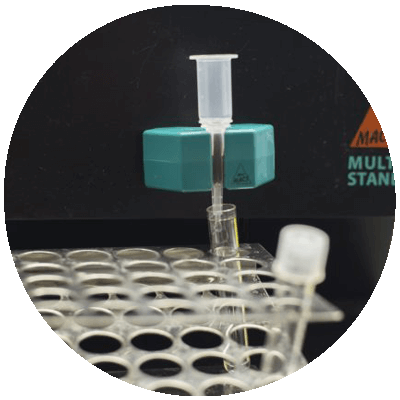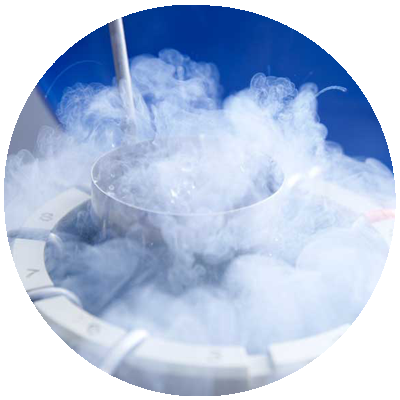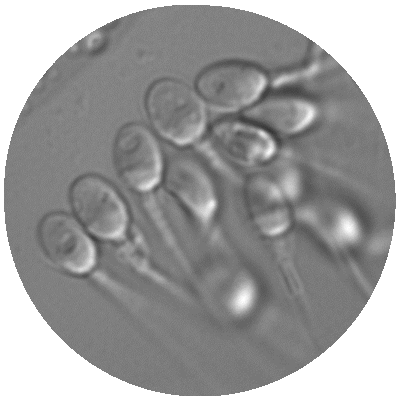
PGT
PGT helps identify embryos unaffected by genetic or chromosomal defects, which give us a higher chance for a successful pregnancy outcome.
PGT-A (Preimplantation Genetic Testing – Aneuploidy)
PGT-A is genetic testing performed on embryos to identify numerical chromosomal abnormalities or aneuploidy. This test is performed on embryos prior to transfer into the uterus. By analysing all embryos generated in an IVF treatment cycle, those free of chromosomal aneuploidy can be identified for selective transfer. As a result, the pregnancy rates per transfer are increased and the miscarriage rates decreased.
PGT-M (Preimplantation Genetic Testing – Monogenic)
PGT-M involves testing of embryos for specific monogenic disorders like Thalassemia, hemophilia and certain types of muscular dystrophy. It helps couples who have a family history or those who have had a child affected with these disorders to have an unaffected child. All embryos formed as a part of an Assisted Reproductive Technology (ART) are tested for this specific monogenic disorder. Only unaffected or career embryos are transferred to have a disease-free child. This can also be combined with PGT-A to further improve success rates.
PGT-SR (Preimplantation Genetic Testing – Structural Rearrangement)
PGT-SR tests people with chromosome rearrangements (structures that hold our genetic material is not of normal size or arrangement). These people are at risk of producing embryos with unbalanced chromosomal structure. Such embryos are not viable and can result in multiple miscarriages. PGT-SR tests embryos for such specific rearrangements and can help in selection of normal embryos for transfer.







